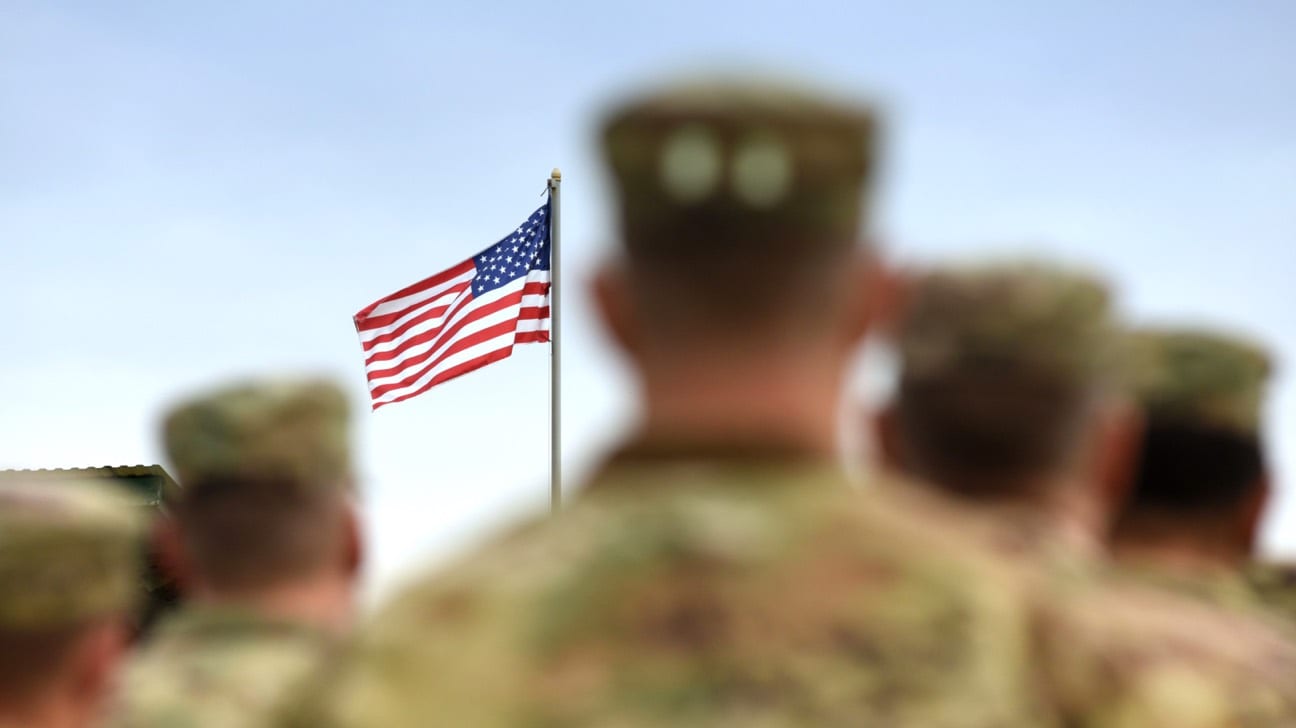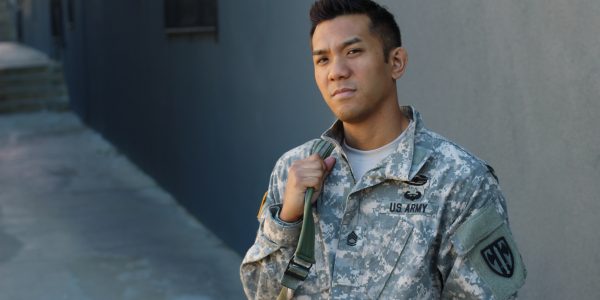LISTEN TO THIS ARTICLE:
People join the military for numerous reasons: to pay for school, to pursue a career, to learn a skill, or to continue generations of family tradition. However, common across all of them is a sense that they serve not just a country, but a set of ideals unbounded by geographic or political borders. The impetus for the American military foray into Afghanistan was to dismantle the chaotic environment that enabled terrorists like Osama bin Laden to plot their horrific deeds.
Over 20 years of occupation, though, the mission changed. We dispatched the original villain, but we remained in the country. Why? Because we firmly believed that every person living in Afghanistan deserved the same rights, freedoms, and dignities that every American enjoys. We knew that our presence prevented the previous rulers – the Taliban – from denying the populace those benefits. We poured money, weapons, intelligence, training, and, most critically, American lives into the effort.
The fall of Afghanistan
All of that crumbled to dust these past weeks as the Taliban rapidly overran the country. As the capital, Kabul, fell, we were inundated with with photos and videos of Afghans clinging to military transports leaving the airport. Comparisons to the fall of Saigon making the end of the Vietnam War 46 years ago have been abundant and painfully accurate.
For our veterans who served in the war and the families of those who gave their lives to the cause, this rapid defeat is crushing. Even more painful is the knowledge that the Afghan forces we spent all those years training didn’t even put up a fight. They laid down their weapons and ran. Much of the country fell without either side firing a shot.
Our soldiers gave their lives only to have their work erased.
What was all that effort for? Forget the guns, the bombs, and the money. Our soldiers gave their lives only to have their work erased. Those who made it home brought with them physical and mental scars that they will carry for the rest of their lives.
Years of work erased
It took mere weeks for decades of efforts to disappear. This defeat has robbed veterans and Gold Star families of the most tangible evidence that their sacrifice was worth while. That is not to say that we should not have left or that these veterans believe so. Those are personal opinions that we are not here to debate. What is certain is that the end of the war is sure to bring a wave of emotions for veterans.
American families lost sons and daughters to a noble mission whose goals disappeared in days.
For those who wanted us to stay in Afghanistan, disappointment is surely an understatement. The frustration at watching our American military power withdraw so quickly must be unparalleled. People who agree that we should leave likely resent our haste to do so. They suffer with the conflict between the desire to see the mission through and wanting to see their comrades come home from an endless war. To families of soldiers who made the ultimate sacrifice, the fall of Kabul to the Taliban must be especially poignant. They lost sons and daughters to a noble mission whose goals were erased in days.
Healing trauma
This is traumatic for veterans and their families. It reignites the emotions of a war they thought they had left behind. Veterans of the Afghanistan War share a lot with those who served in Vietnam. The way both wars ended left these groups feeling empty. How can they find meaning in their service when the country they fought in is right back where it was before they went there?
Rather than fume with frustration, veterans should take this opportunity to connect with each other and seek help if they need it. The VA offers the Veterans Crisis Line 24/7 at 1-800-273-8255 and https://www.mentalhealth.va.gov/ provides a host of resources.
To all the vets out there: Check in with your friends from the service if you haven’t already. Get together either in informal groups or in therapy. Processing this massive event will take time and effort. Don’t go it alone. You got through the war together, and you’ll get through this together.


 Learn
Learn Get News
Get News Find Help
Find Help
 Share
Share
 Share
Share
 Share
Share
 Share
Share



